Supreme Court May Allow Cities to Ban Sleeping Outside in Largest Homeless Rights Case in Decades
One of the most significant homeless rights cases over the past fifty years is set to occur this month as the Supreme Court prepares to decide whether homeless people are breaking the law by sleeping in public places.
The Court will then be forced to decide if punishing homeless Amercians for sleeping in public places violates the protection given to them by the Constitution, which prohibits cruel and unusual punishment.
Homelessness Epidemic in the United States
According to statistics from the Department of Housing and Urban Development, in 2023, there were well over 250,000 homeless people sleeping on the streets.
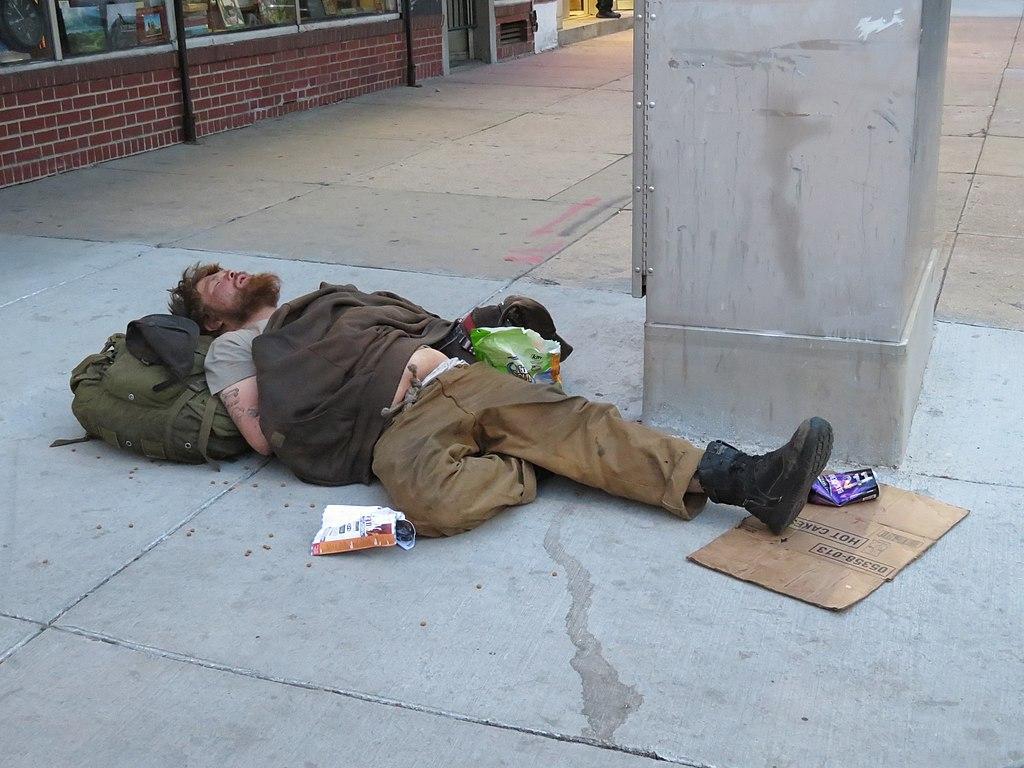
Source: Wikimedia
The hearing set for April 22 will ultimately decide how far state and city officials can go in their fight to address homeless encampments, and could directly affect the lives of over a quarter of a million people living in the US.
The Most Important Homelessness Case in Decades
According to Jesse Rabinowitz, communications and campaign director at the National Homelessness Law Center, this is one of the most important homelessness cases of the 21st century.
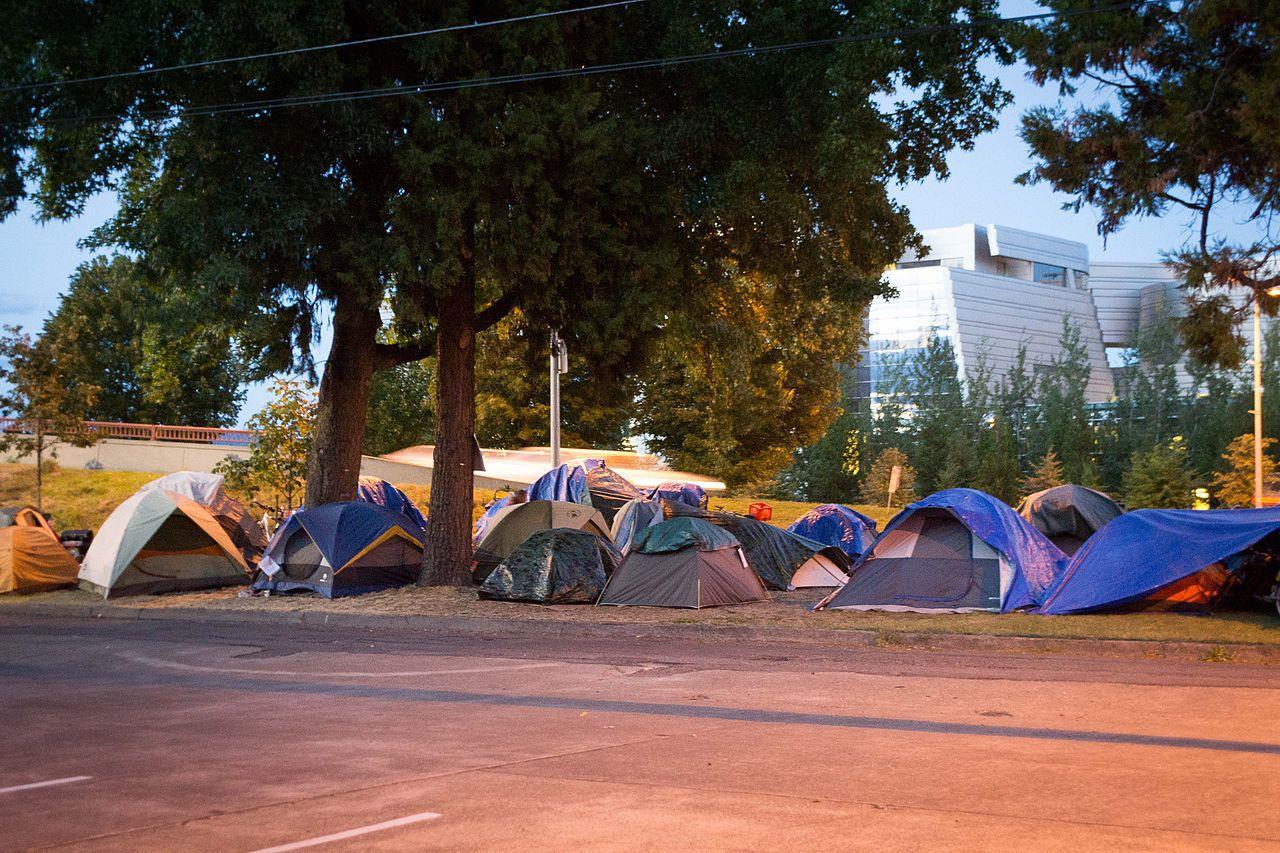
Source: Wikimedia
“This is the most important Supreme Court case about homelessness in at least 40 years, and the results will be tremendous,” she said per CBS News.
The Supreme Court’s Decision Will Affect the Lives of All Homeless People in the US
Rabinowitz went on to explain that the Supreme Court’s decision will directly affect the lives of every homeless person in the United States.
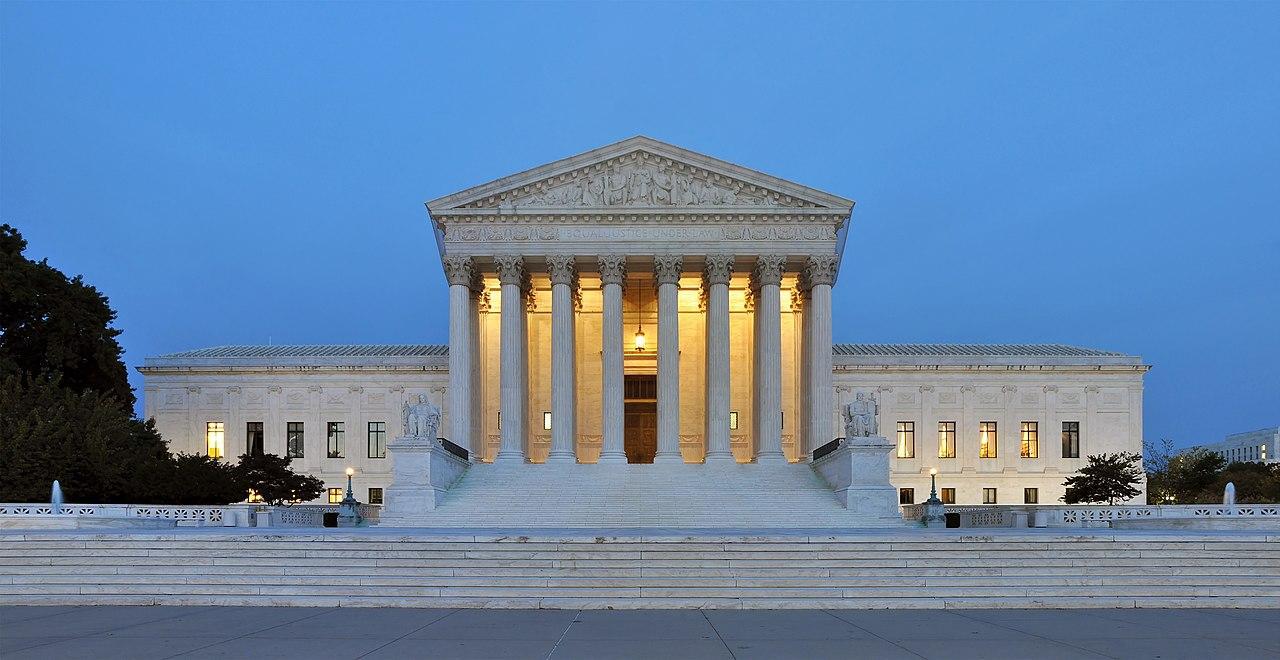
Source: Wikimedia
“This will either make it easier for cities to punish people for sleeping outside while failing to provide them shelter or housing, just like they did in Grants Pass, or it will push cities to fund actual solutions to homelessness, ” she said.
Oregon Cracks Down on Homelessness
The Supreme Court hearing stems from a case that took place in Grants Pass, Oregon, after city officials introduced three ordinances against people sleeping on the streets.
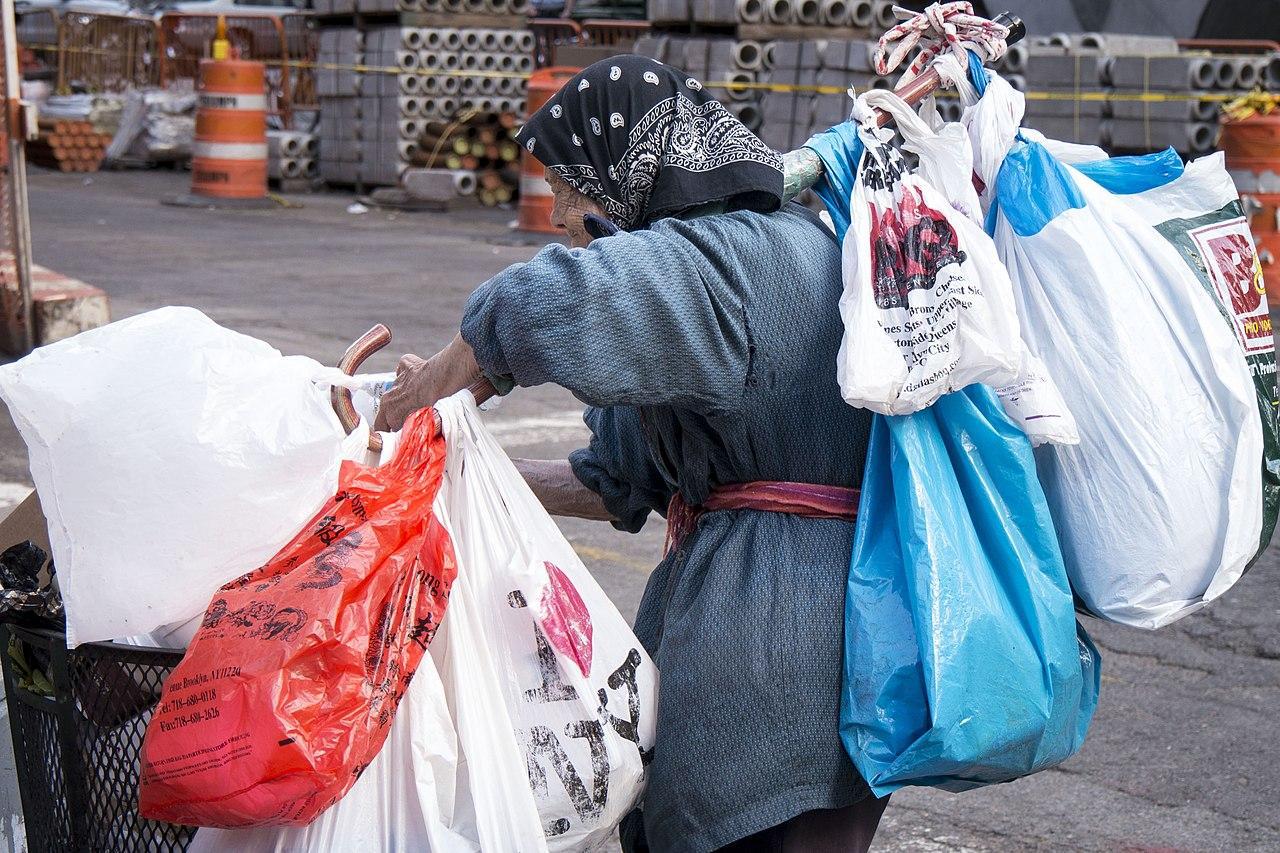
Source: Wikimedia
They prohibited homeless people from sleeping on streets or public sidewalks and banned them from camping on any public land. Those who violate the regulations are met with a $295 fine and may be banned from public parks for up to 30 days.
City Claims to Enforce Ordinances With Moderation
Court papers reveal the city claims to enforce the ordinances “with moderation,” having issued over 500 citations over five years from 2013 to 2018.

Source: Freepik
According to a policy from the Grants Pass Department of Public Safety, “homelessness is not a crime,” and the department does “not use homelessness solely as a basis for detention or law enforcement action.”
Oregon Citizens Sue the City’s Government
In 2018, three homeless residents of Grants Pass decided to sue the city on behalf of “all involuntarily homeless individuals living in Grants Pass.”

Source: Freepik
According to Oregon Public Broadcasting, they wanted to block the city from enforcing the ordinances that drastically affected the lives of the city’s homeless population.
Plaintiffs Argue Grants Pass Had Criminalized Their Existence
The three plaintiffs argued their home city had “criminalized their existence.”
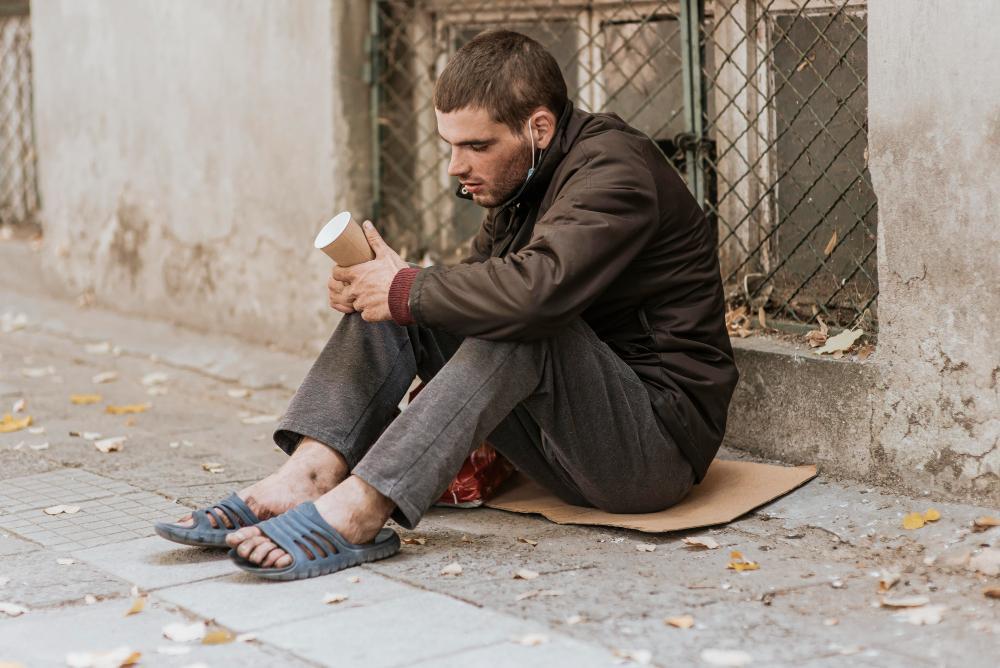
Source: Freepik
They backed up this point by claiming the city provided no homeless shelters and that the two privately funded housing programs can not help the city’s 600 homeless people.
Federal District Court Rules Against the City
A federal district court later found that the city’s implemented ordinances partially violated the Eighth Amendment.
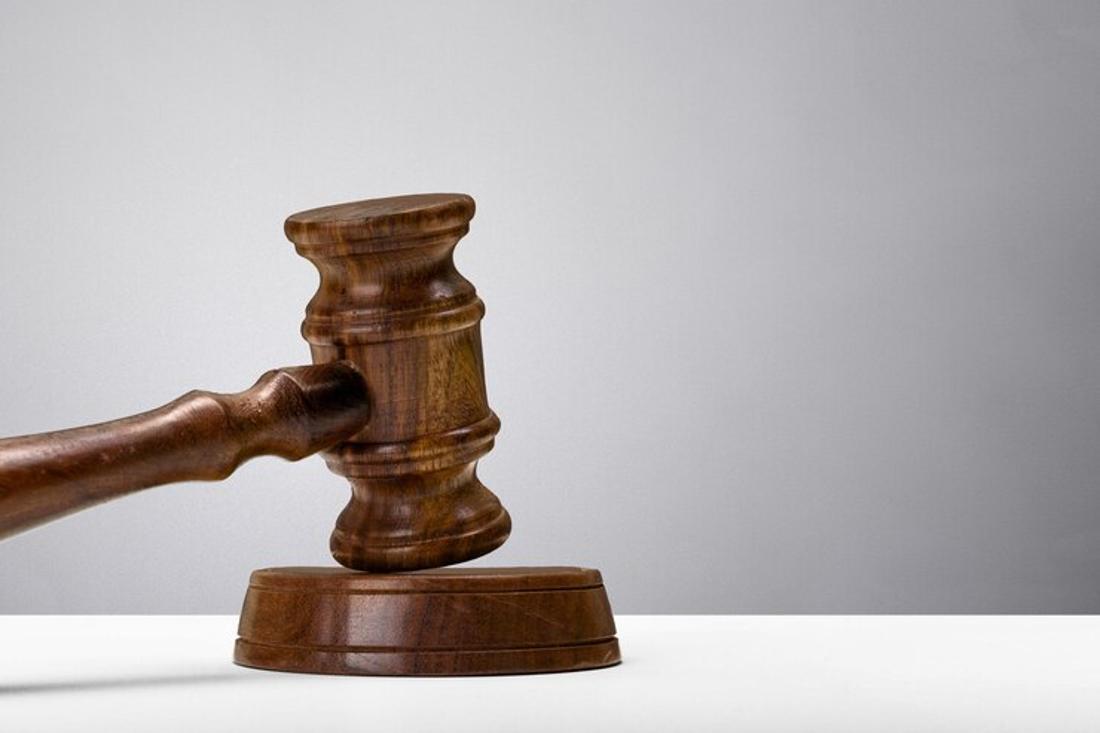
Source: Freepik
“Because Grants Pass lacks adequate shelter for its homeless population, its practice of punishing people who have no access to shelter for the act of sleeping or resting outside while having a blanket or other bedding to stay warm and dry constitutes cruel and unusual punishment in violation of the Eighth Amendment,” U.S. Magistrate Judge Mark Clarke wrote in a July 2022 decision.
City Appealed to the US Court of Appeals
The city of Grants Pass later appealed the federal district court’s decision to the US Court of Appeals. However, the court upheld the original decision.

Source: Freepik
The three-judge panel said the “City of Grants Pass cannot, consistent with the Eighth Amendment, enforce its anti-camping ordinances against homeless persons for the mere act of sleeping outside with rudimentary protection from the elements or for sleeping in their car at night when there is no other place in the city for them to go.”
Lawyer Claims Politicians Are Blaming Judiciary for Homelessness Crisis
According to Ed Johnson, the lawyer who is representing the homeless citizens of Grants Pass, “This case is not about a city’s ability to regulate or prohibit encampments. That has always been permissible, is explicitly allowed under the Ninth Circuit’s ruling, and is not at issue here.”

Source: Freepik
He continued, “Nevertheless, some politicians and others are cynically and falsely blaming the judiciary for the homelessness crisis to distract the public and deflect blame for years of failed policies.”
Major Supreme Court Hearing Set to Happen in the Coming Week
The Supreme Court hearing set to take place on April 22 will not only affect the lives of the homeless people living in Grants Pass but could change how homelessness laws are perceived across the nation.
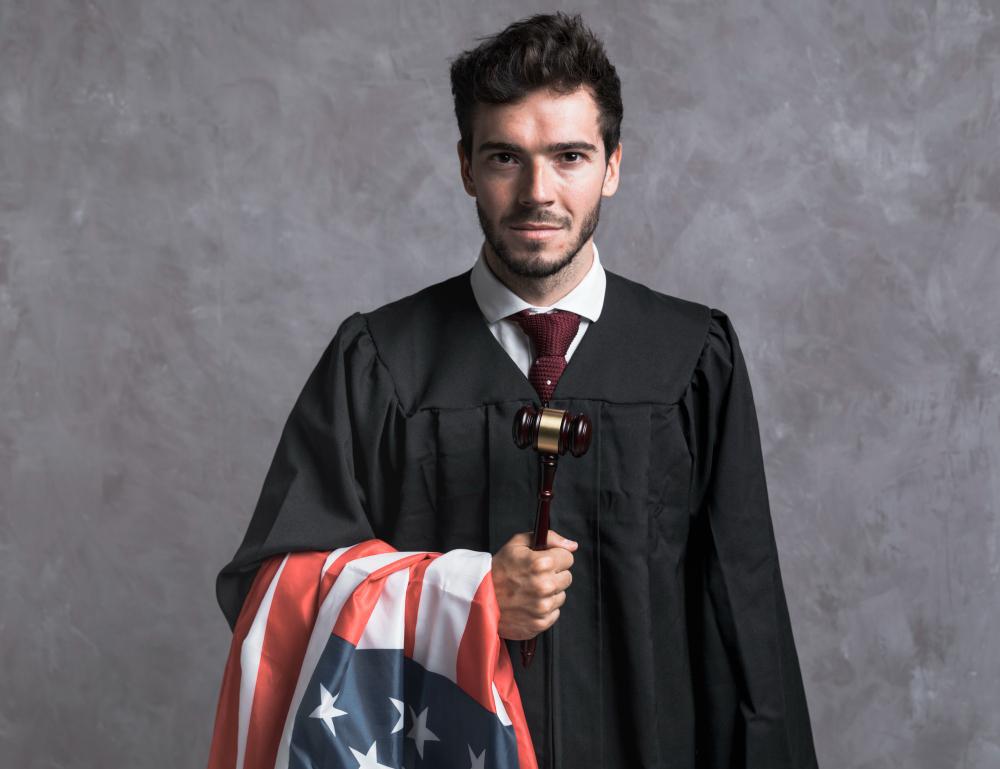
Source: Freepik
If the court rules in favor of Grants Pass, many are worried it could turn homelessness into a crime, which would drastically affect the lives of over 650,000 people.
